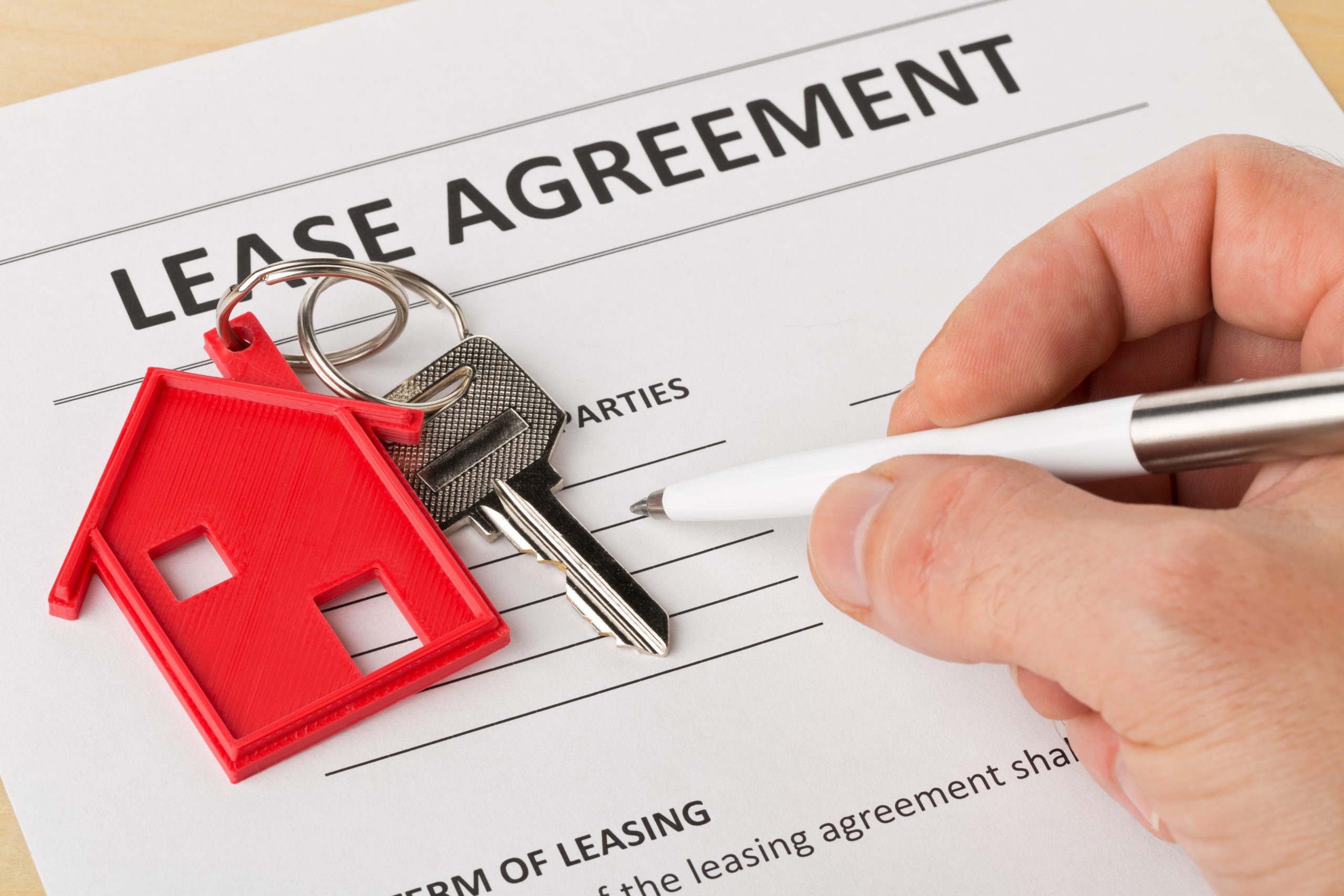
Five Examples of Commercial Property Landlord Lease Breach
As a business owner, your place of business is crucial to the satisfaction of your customers, the productivity of your employees, and ultimately the success of your business. However, commercial tenants are not given the same protections as residential tenants under the law, and therefore it’s critical that a business owner understands their rights as a tenant in order to protect themselves and their business.
What Is a Commercial Lease?
A commercial lease is a contract between a landlord who owns a commercial property and a tenant who is renting the property for business purposes. The lease contract is legally binding and outlines the terms and conditions that govern the agreement. Items that must be included in a commercial lease vary according to state regulations, and it’s important to have a knowledgeable California commercial real estate lawyer to advise you on preparing and signing a lease agreement.
Examples of Landlord Lease Breach
If a landlord fails to meet the terms and conditions specified in a lease agreement, they are in breach of contract. Here are five common examples of how landlord lease breach:
- Failing to make necessary repairs on a property – In most commercial leases, the landlord is responsible for the property’s roof, exterior walls, and utilities. After receiving written notice of a defect, a landlord is required to begin repairs within a specified timeframe, typically 30 days.
- Increasing rent without notice – A lease agreement specifies if a landlord is required to provide notice of a rent increase and exactly how many days notice is required.
- Evicting without adequate notice – A commercial landlord has the right to evict a tenant if they fail to pay rent or violate the lease agreement in some other way. While California law requires that a landlord provide a minimum of three days’ notice of eviction, many lease agreements require longer notice periods, often between five and ten days.
- Evicting after accepting a partial payment – Oftentimes when a tenant is struggling to pay the rent on a commercial property, they may offer a partial payment. Many lease agreements do not allow for eviction if a partial rent payment is made.
- Failing to comply with move-out terms – A lease contract is still legally binding after a tenant moves out. A landlord is required to comply with all move-out terms, such as the return of the remaining security deposit and posting signage to refer customers to a new business location.
Remedies For a Commercial Lease Breach
If a tenant can prove that a landlord is in breach of a lease contract, they may take one of the following actions:
- Terminate the lease – A lease may be terminated when a condition on the property endangers the health and safety of its occupants.
- Request abatement of rent – Abatement of rent is another option in circumstances where a condition on a property compromises the health and safety of occupants. Rent abatement may include suspension of payments or partial payments.
- Sue for damages – This remedy may be used in cases where a landlord unfairly evicted a tenant, discriminated against them, or failed to comply with the terms of the lease agreement.
- Obtain a court-ordered injunction – Obtaining a court-ordered injunction is a way for a tenant to have the terms of a lease enforced without having to terminate or change the lease agreement.
How a Commercial Real Estate Lawyer Can Help
At the Winton Strauss Law Group, we understand how important your place of business is to your success and livelihood. Our attorneys have over 60 years of combined experience in protecting the rights and interests of clients in California, with a proven record of successful results. Whether you need legal guidance in establishing a lease contract or resolving a lease dispute, we are here to help. Contact us online or call us at 415-985-2111 to schedule a consultation with one of our experienced California commercial real estate attorneys.
